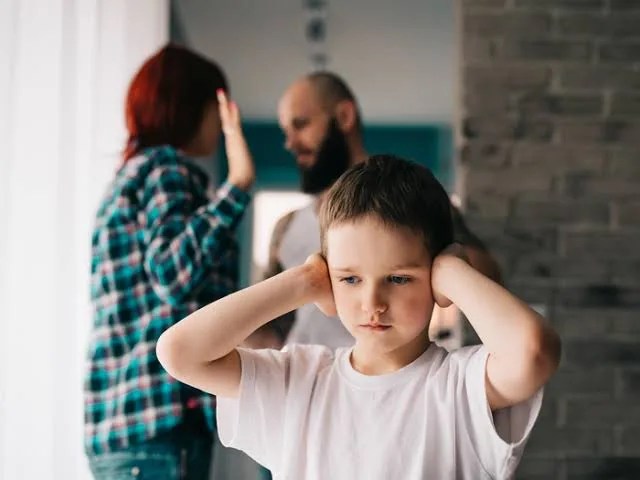Sex addiction, often referred to as compulsive sexual behavior disorder, is a condition marked by an inability to control sexual urges, behaviors, or thoughts, despite negative consequences. While much attention is given to the individual struggling with the addiction and their partner, an often-overlooked group profoundly affected by this condition is their children. Growing up in a household where a parent struggles with sex addiction can leave deep emotional and psychological scars on a child’s development and well-being.
Emotional Instability and Insecurity
Children are highly perceptive and can sense when something is wrong at home, even if they do not fully understand it. The secrecy, tension, and emotional distance that often accompany sex addiction can create an environment of instability. Parents struggling with addiction may be preoccupied, emotionally unavailable, or prone to mood swings, leaving children feeling neglected or confused.
Betrayal Trauma and Loss of Trust
When a child witnesses a parent engaging in inappropriate behavior, such as infidelity or pornography consumption, it can cause betrayal trauma. This trauma is particularly damaging because it comes from someone the child depends on for safety and security. Such experiences can erode the child’s ability to trust others, potentially impacting their future relationships.
Exposure to Inappropriate Content or Behavior
In some cases, children may be inadvertently exposed to explicit material or witness inappropriate behavior due to their parent’s addiction. This exposure can distort their understanding of healthy relationships and sexuality. It may also increase their risk of developing unhealthy attitudes toward sex or intimacy later in life.
Feelings of Shame and Isolation
The stigma surrounding sex addiction often leads to secrecy within the family. Children may sense that something is wrong but feel unable to talk about it. They may also feel embarrassed or ashamed, especially if the parent’s behavior becomes public knowledge. This isolation can result in anxiety, depression, and low self-esteem.
Increased Risk of Behavioral Issues
Children in households affected by addiction often experience heightened stress, which can manifest in behavioral problems such as aggression, withdrawal, academic struggles, or substance use. The instability and lack of consistent parenting that often accompany addiction can contribute to these issues.
Cycle of Addiction and Dysfunction
A parent’s unresolved addiction and the resulting family dysfunction can perpetuate a cycle of unhealthy behavior. Children who grow up in such environments are at a higher risk of developing their own addictions or entering dysfunctional relationships. Without proper intervention, they may unconsciously replicate the patterns they observed at home.
Breaking the Cycle: What Can Be Done
Although the impact of a parent’s sex addiction on children can be profound, healing is possible. Here are a few steps that can help:
- Open Communication: Age-appropriate, honest conversations about what is happening can help children feel seen and heard.
- Therapy and Support: Family therapy or counseling can provide a safe space for children to process their feelings and learn healthy coping mechanisms.
- Healthy Boundaries: Protecting children from inappropriate exposure and modeling healthy relationships are essential.
- Support Groups: Groups for children of addicts, such as Alateen, can offer community and understanding.
- Consistent Parenting: Providing stability, love, and routine can help children regain a sense of security.
Conclusion
Sex addiction, like any addiction, affects not only the individual but also those closest to them—especially their children. The emotional, psychological, and behavioral consequences can be significant and long-lasting. However, with awareness, professional support, and a commitment to healing, it is possible to break the cycle and foster resilience in children. Addressing these impacts openly and compassionately can help families navigate the complex journey toward recovery and healing.
